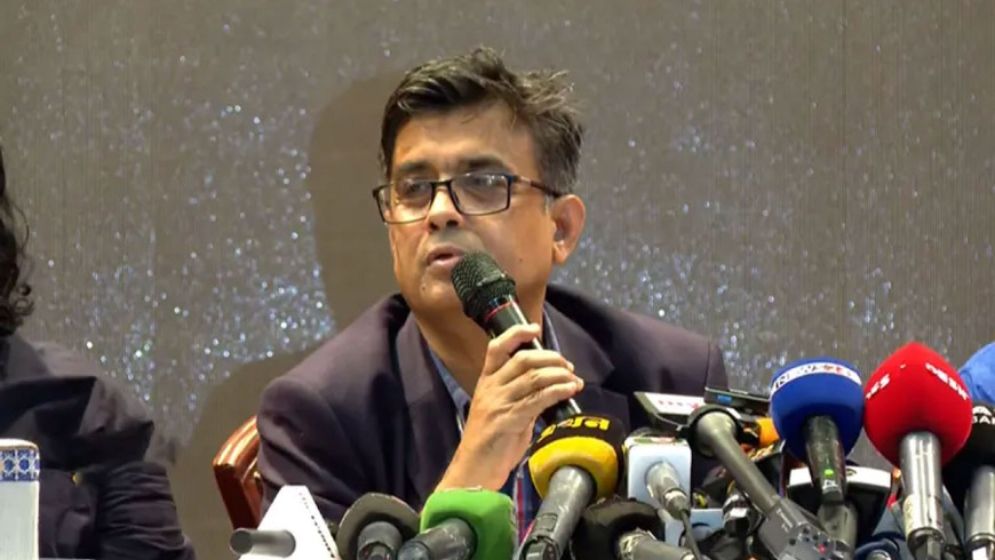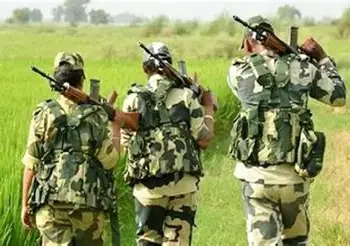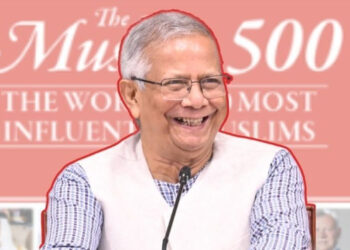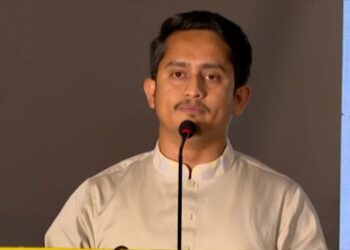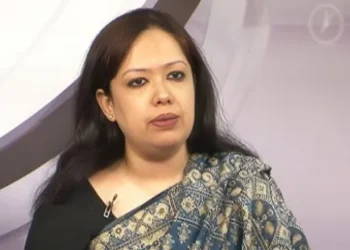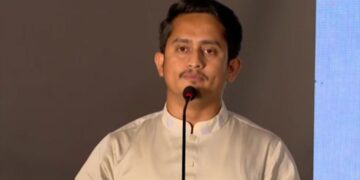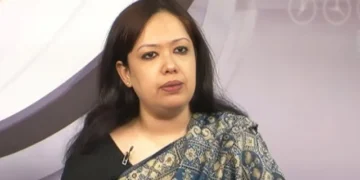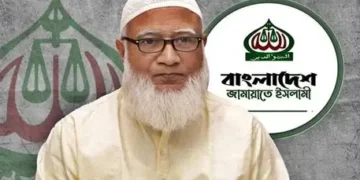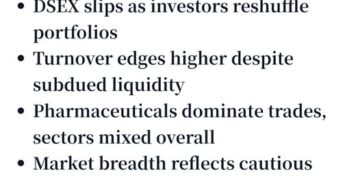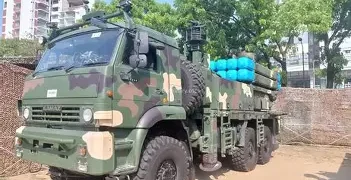The Bangladesh government has decided to use looted money for the welfare of poor communities, setting a powerful precedent in the fight against corruption.
A New Chapter for Bangladesh Looted Money
For decades, looted money has been a haunting symbol of corruption in Bangladesh vanishing into offshore accounts while millions at home struggled with poverty. Today, a powerful shift is underway. On May 19, in a decisive meeting, the Chief Adviser of the interim government announced that recovered looted money will be redirected not to budgets or elite programs, but directly into the welfare of the country’s most impoverished communities.
The announcement, made by Chief Adviser’s Press Secretary Shafiqul Alam, sent a clear message that justice isn’t just about recovering what’s been stolen it’s about restoring dignity to those who were robbed of opportunity.
In the press briefing following the high-level Monday meeting, Press Secretary Shafiqul Alam stated that “The Chief Adviser has decided to establish a special fund to manage looted money. This fund will serve two purposes: repaying affected depositors and aiding the welfare of the poor.”
He further clarified that the amount of looted money recovered is substantial. Instead of absorbing it into the national budget or diverting it to other sectors, the Chief Adviser emphasized that 100% of the recovered funds would be used for poverty alleviation.
This decision isn’t just economic it’s symbolic. It’s about redirecting wealth that once served a corrupt few toward the very people who suffered because of that corruption.
The initiative to repurpose looted money didn’t come out of nowhere. It’s the outcome of extensive investigations and recovery efforts by the interim government, which took charge following the collapse of the Awami League’s controversial 16-year regime.
Under that regime, widespread allegations of corruption, nepotism, and money laundering were rampant. Funds meant for development, infrastructure, and public service mysteriously disappeared. The result? A widening gap between the powerful elite and the underprivileged masses.
Now, the interim government is working to recover laundered money from overseas accounts and confiscate illegal assets held by former ruling party beneficiaries. According to Shafiqul Alam, several international and domestic efforts have already yielded positive responses.
How the Recovered Looted Money Will Be Used
The newly proposed welfare fund is expected to be transparent, targeted, and transformative. Here’s how the government plans to channel the looted money for the public good.
1. Direct Aid for the Ultra-Poor
Cash transfers or food assistance programs will help families living under the extreme poverty line meet basic needs—particularly those hit hardest by inflation and economic stagnation.
2. Support for Small Farmers
Fertilizers, seeds, and agricultural tools may be distributed free or at subsidized rates to rural farmers, helping them increase productivity and reduce dependence on middlemen.
3. Free Healthcare Services
A portion of the funds may be used to set up mobile clinics and community healthcare centers for those who cannot afford treatment.
4. Educational Assistance
Scholarships for underprivileged children and aid to struggling schools can help break the inter-generational cycle of poverty.
5. Skill Development Programs
The fund may also sponsor vocational training for unemployed youth, equipping them with skills needed in today’s job market.
Read More: Shakil, the 7th Bangladeshi on Everest, Walks His Way into the Record Books
Each of these initiatives not only addresses immediate needs but also builds long-term economic resilience within marginalized communities.
The Looted money being redirected to the poor has been met with widespread public approval. Many citizens see it as a long-overdue move toward justice. On social media and community forums, people expressed renewed hope in the possibility of transparent governance.
However, some economists and civil society leaders have also raised important questions:
-
How will the welfare fund be audited?
-
Will the distribution be fair and free from new forms of favoritism?
-
Can the government prevent future looting while managing past funds?
These are valid concerns. Experts urge the administration to set up an independent oversight body, possibly involving civil society members and anti-corruption watchdogs, to monitor how the looted money is spent.
Using looted money for public welfare isn’t just an administrative decision it’s a moral stance. It sends a strong message that corruption will no longer go unpunished, and that the wealth of the nation belongs to its people, not its politicians.
This approach stands in stark contrast to previous governments, where even recovered wealth was often misused or absorbed into opaque budget lines. The current strategy emphasizes justice, transparency, and human dignity. It is not merely financial reallocation, it is economic reparation a way to correct past wrongs through present action.

